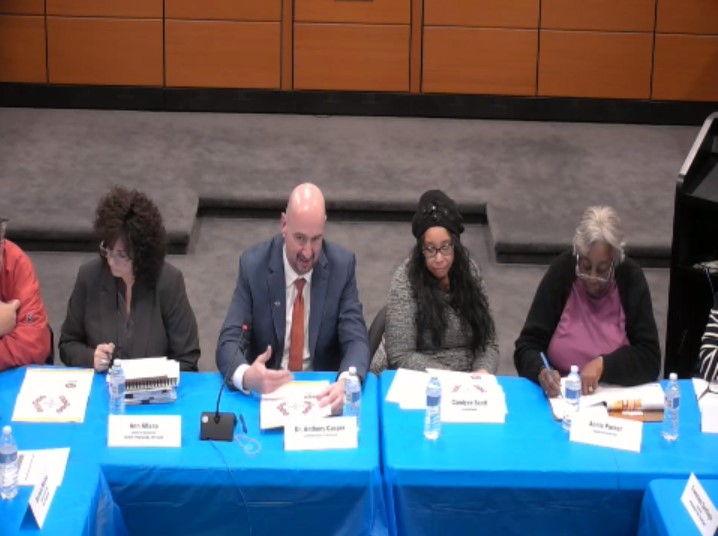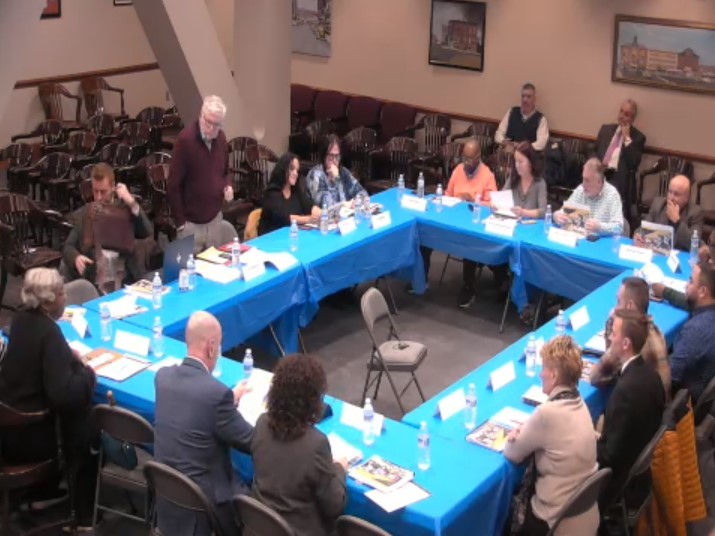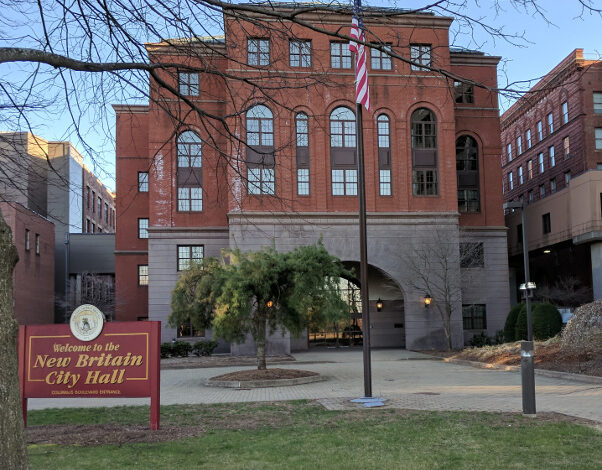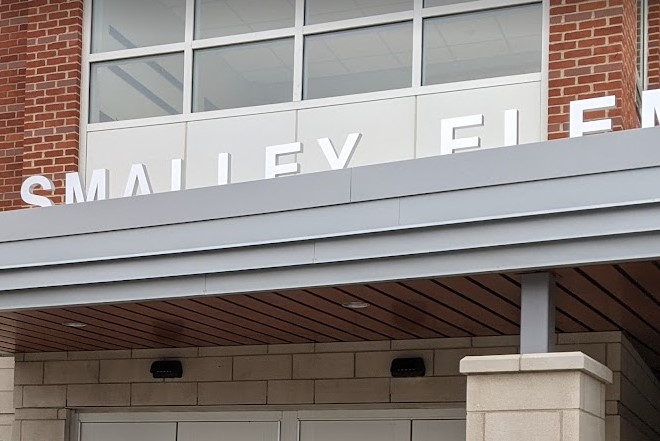The New Britain City Council and Board of Education met to discuss the city schools budget in the budget to be considered for the budget year that is to begin July 1, 2024 and continue to June 30, 2025.
Superintendent Tony Gasper presented to the Council and Board on the school district budget proposal for the city budget process presently underway.
On January 10th, the Board of Education proposed a $133,287,680 budget for the upcoming budget year, a proposed increase of $5,787,679.
Saying that his proposals are called, “essential on purpose,” he said that the purpose of his proposals are building strong school district. He especially noted the need for increased funding.

Saying that, given that the upcoming budget year is the first with federal ESSER COVID relief funds no longer available, Gasper said that he considered the budget proposal a “maintenance budget.”
Nothing in the budget proposal, he said, is a wish list.
He said that the school system is losing 86 staff positions due to the past reliance on COVID funding that is no longer available.
When Council and Board of Education members sparred on whether state education grant monies go to the city or school system, Council Majority Leader John McNamara (D-4) said that the state’s main education grant, “the ECS, as imperfect as it is, has increased close to 60% for the city, and the analysis shows that, year after year of flat, education funding … actually, the ability to make investments in our children’s schools, taking inflation into account, has dropped close to 20%.”
Gasper responded, “that was part of my budget presentation last year, was the impact of inflation on a flat-funded local budget.”
Mayor Erin Stewart (R) has been widely criticized for repeatedly flat-funding the city’s funding for the operating budget of New Britain schools. Over a decade of Stewart’s city budgeting, the average amount of the city operating funding increase for schools, as of last year’s budget process, has been about $760,000 per year — just 0.62% per year. With inflation taken into consideration, that flat-funding has meant that the city’s funding for its local schools has significantly decreased.
Discussing the budget proposal from the Stewart-appointed city Board of Finance and Taxation, which reduced the schools budget increase from $5.7 million proposed by the Board of Education to $500,000, McNamara said that, “history is repeating itself.”
McNamara called on the Council to, “look at these real numbers in terms of what kind of investment we can, within the limits of our seventeenth century property tax.”
When Ald. Wilfredo Pabon (R-5) asked if addition state funding was expected, Gasper said that the state has been provided an additional $4 million in Alliance District funding, allowing his proposed budget increase to go down from 8.6% to the current 4.6% proposal. Gasper noted that the state legislature has been changing the state ECS formula to benefit municipalities in need, like New Britain.
Discussing the proposed increased local education funding, Ald. Sharon Beloin-Saavedra (R-1) asked, rhetorically, “how far can you push the taxpayer,” saying that the city has its own fixed costs, and asking where is the “wiggle room?”
Stewart’s critics have pointed to her flat-funding of schools as an important reason for low academic scores in New Britain’s schools, an effect past research appears, generally, to confirm.
The New Britain Progressive did a report in 2019 that noted that, despite New Britain receiving, “the fifth highest state Education Cost Sharing grant funding of all of the cities and towns in the state,”
New Britain’s own local commitment to education, on the other hand, is among the lowest municipal school districts in the state. Only Bridgeport allocated less local funding per student than New Britain in the 2015-2016 state data.
While New Britain residents have less money than the state average to fund local services, the New Britain Progressive reported that, even looking at a percent of the city’s ability to pay, the city of New Britain still appeared to allocate to its schools, “the second lowest among municipal school districts in the state.”
Hartford’s contribution was not in that data and may have been lower, still, which would have made New Britain third lowest.
The New Britain Progressive‘s 2019 report also noted that,
Comparing the amount of local support for education, using the 2015-2016 data, to the most recent academic test scores appears to show a general correlation between how much a city or town provides in local funding for their schools and the test scores of the students in their schools. The comparison appears to show New Britain’s place near the bottom of both local education funding and test scores as part of a larger pattern, with New Britain near the low end of the scale.
Noting that neighboring towns are supporting increased funding for their local schools, Council President Pro-Tempore Francisco Santiago (D-5) said, “I think we should be investing more into our children.”




